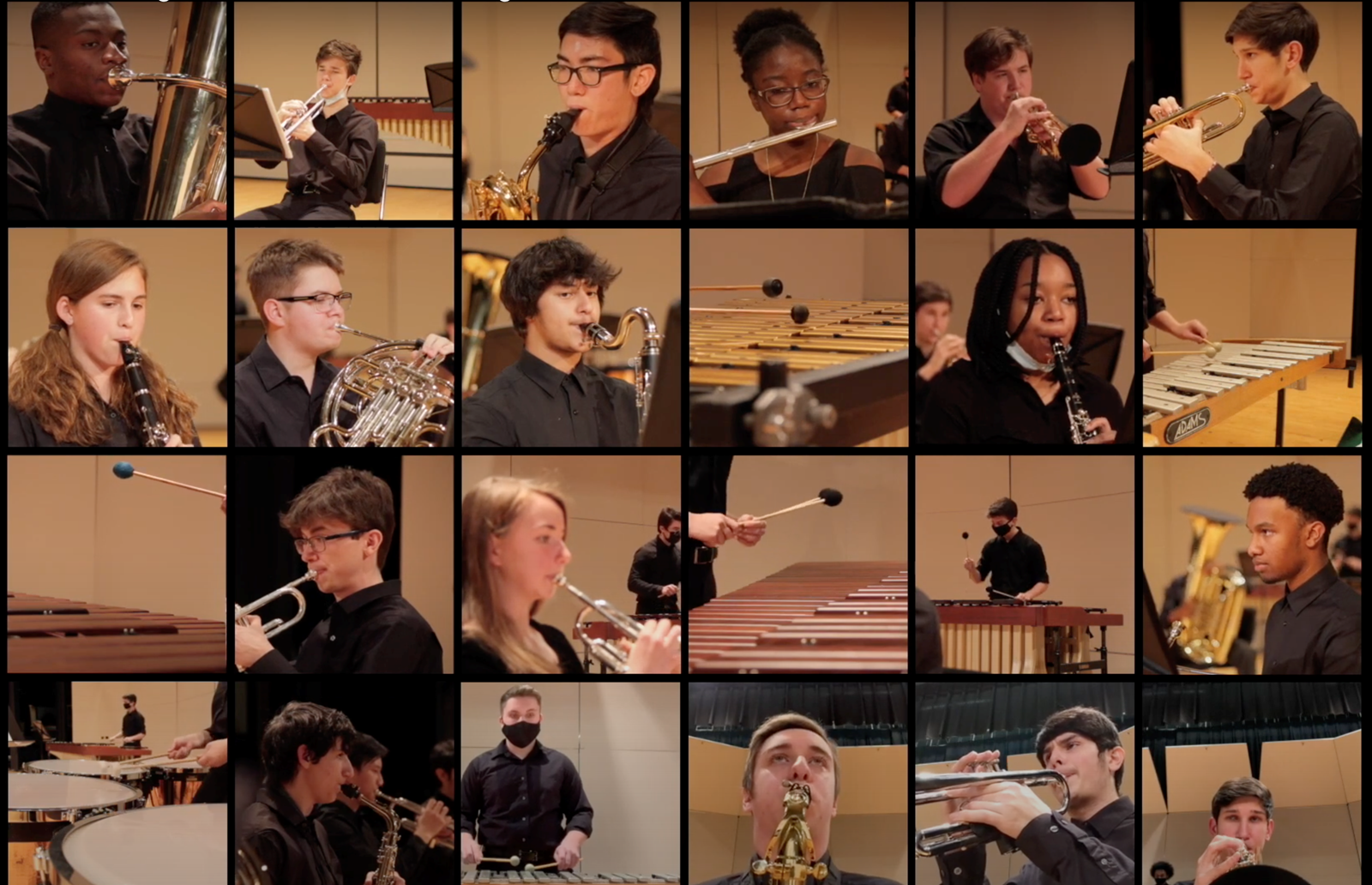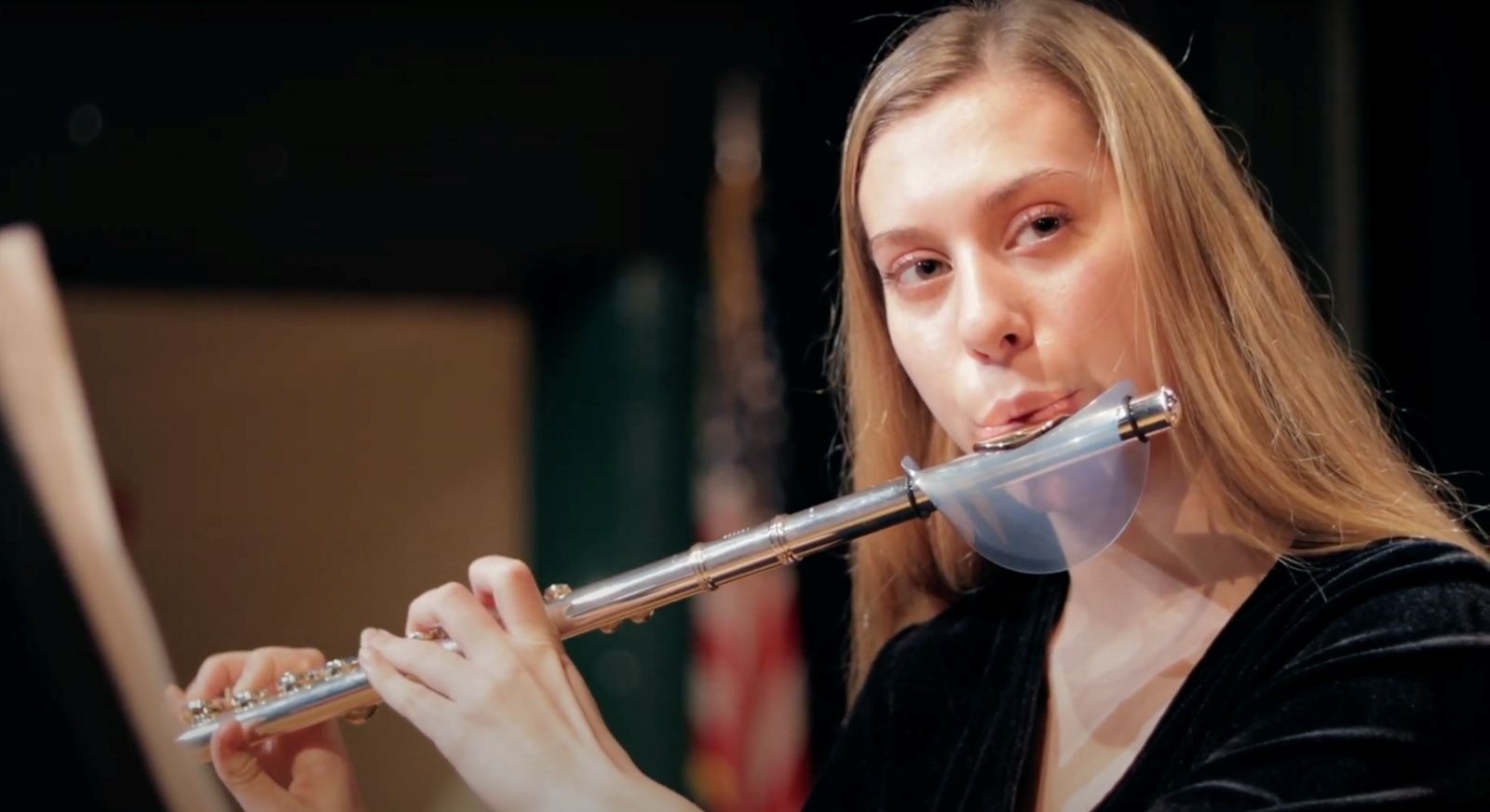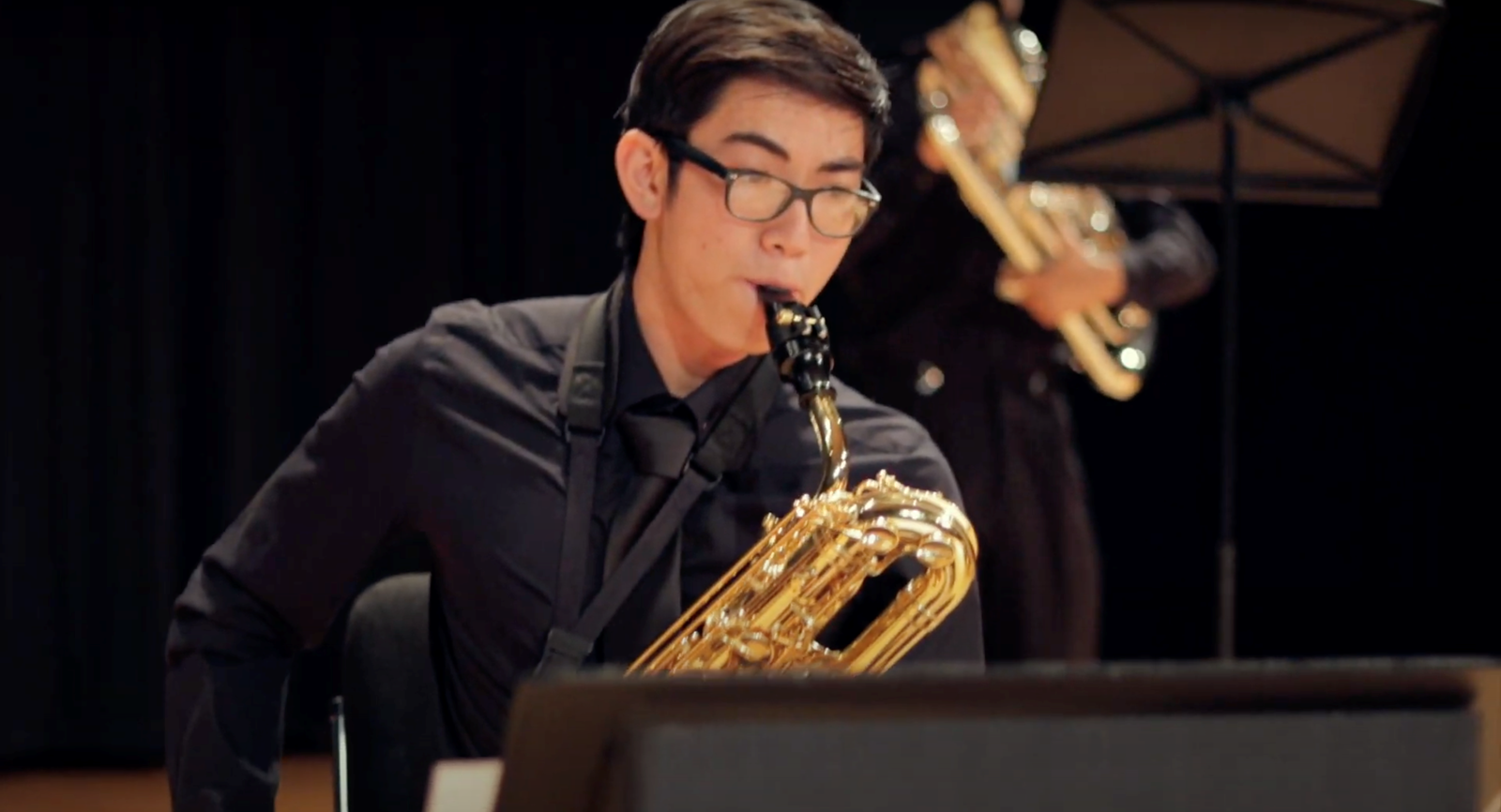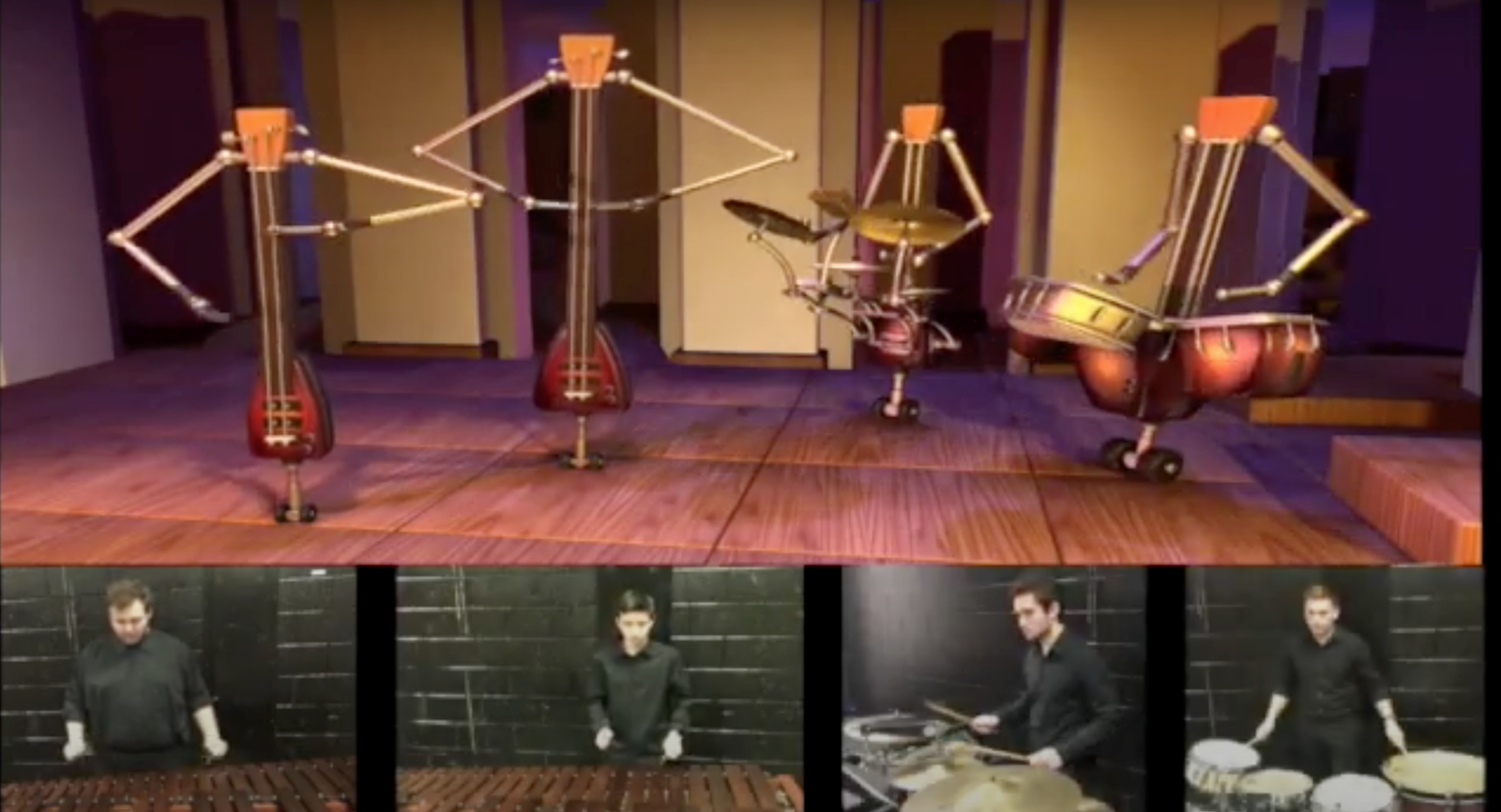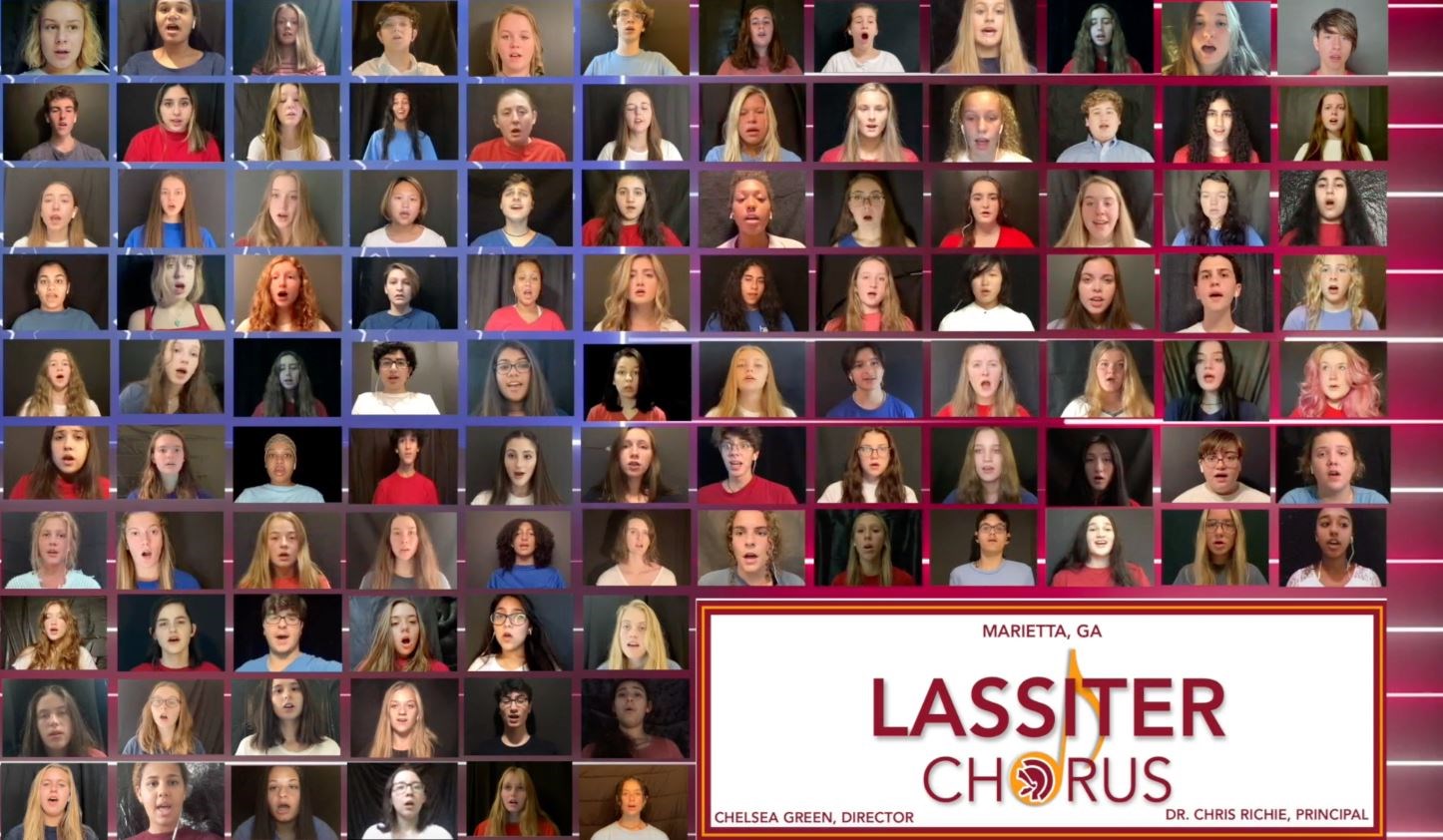Cobb Schools Music Program Earns National Recognition for 19th Year
.jpg)
The Cobb County School District has a national reputation for its commitment to music education. For the 19th year, the NAMM Foundation has designated Cobb Schools among the Best Communities for Music Education in the nation. The Best Communities for Music Education designation is awarded to districts that demonstrate outstanding achievement in efforts to provide music access and education to all students.
Cobb answered detailed questions about funding, graduation requirements, music class participation, instruction time, facilities, support for the music program, and community music-making programs to qualify for the Best Communities designation. Responses were verified with school officials and reviewed by The Music Research Institute at the University of Kansas.
“The Cobb County School District has been a consistent and generous supporter of music education for every student in our community for many years,” said Chris Ferrell, the Cobb Schools Supervisor of Instrumental Music. “Recognition by the NAMM Foundation is an honor that continues to highlight the exceptional quality and high standards of our music educators, students, parents, and community stakeholders.”

Part of the District’s investment in music education can be seen in the new state-of-the-art theaters constructed at high schools across Cobb, as part of Ed-SPLOST.
Since the passage by Congress in 2015 of the Every Student Succeeds Act (ESSA) and a stated emphasis on a well-rounded education, many school districts have re-committed to music and arts education programs and found that in this time of a national pandemic, provides a valuable way to keep students engaged in school. ESSA provides designated funding for well-rounded educational opportunities through Title IV Part A Student Academic Success and Achievement grants. NAMM Foundation research has revealed that school districts widely use these grants to address instructional gaps in access to music and arts education.
“Valuing the importance of Music Education Programs might not be something new for Cobb County Schools, but appreciation for the continued support cannot be expressed deeply enough. Teachers in this district continue to show appreciation for this support by pulling together excellent programming for each school year…and even though this school year has presented new and unique challenges, CCSD teachers continue to foster a love of music for all students. We strive to never take an honor like this recognition from NAMM for granted,” praised Dr. Joseph Woodruff.
Virtual choirs, like the one at Rocky Mount Elementary School, are examples of how Cobb’s music educators have found new ways to keep both virtual and in-person students engaged.
Cobb music educators also frequently win awards. This year, Ford Elementary School's Dr. Craig Hurley was named Music Educator of the Year by the Georgia Music Educators Association.
.png)
Research into music education continues to demonstrate educational/cognitive and social skill benefits for children who make music: After two years of music education, researchers found that participants showed more substantial improvements in how the brain processes speech and reading scores than their less-involved peers and that students who are involved in music are not only more likely to graduate high school, but also to attend college as well.
Everyday listening skills are stronger in musically trained children than in those without music training. Significantly, listening skills are closely tied to the ability to: perceive speech in a noisy background, pay attention, and keep sounds in memory.
Later in life, individuals who took music lessons as children show stronger neural processing of sound: young adults and even older adults who have not played an instrument for up to 50 years show enhanced neural processing compared to their peers. Not to mention, social benefits include conflict resolution, teamwork skills, and how to give and receive constructive criticism.

